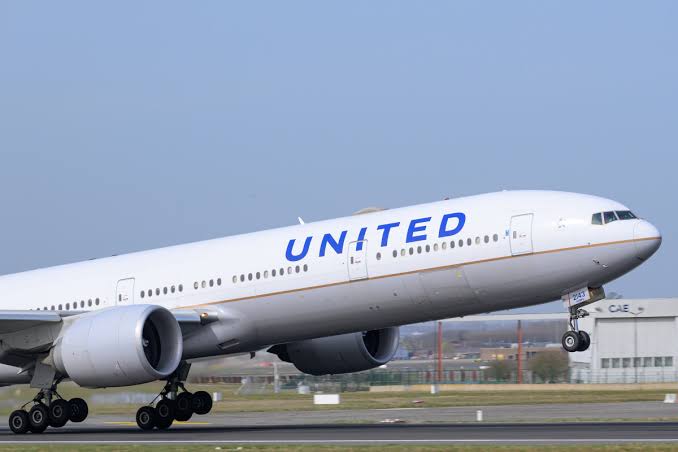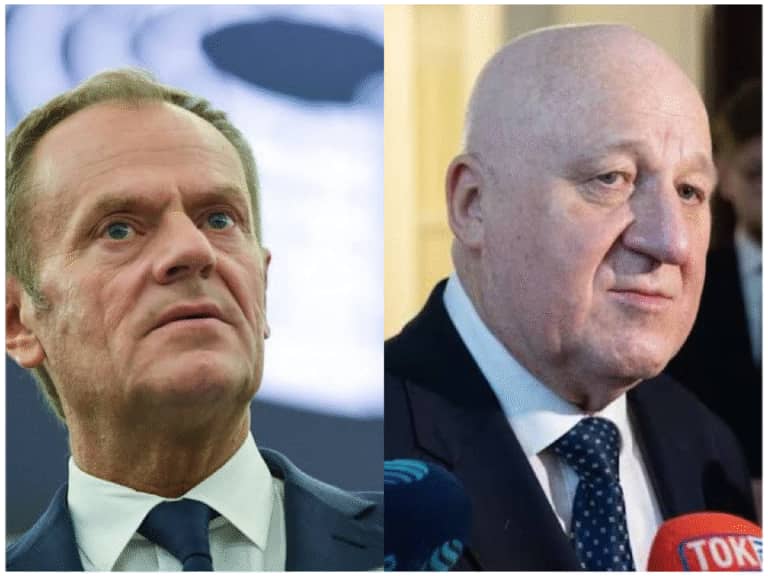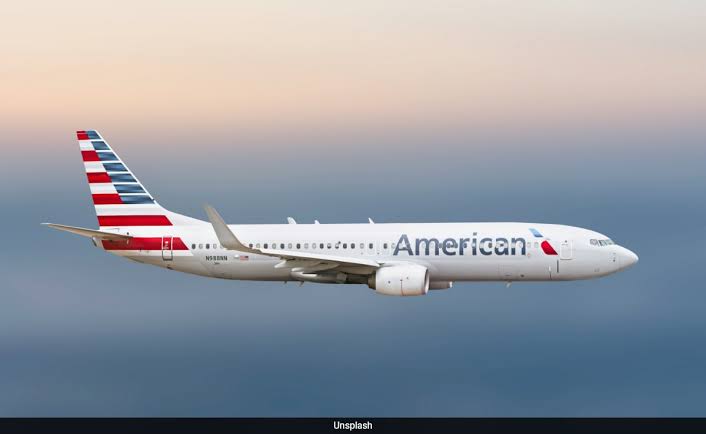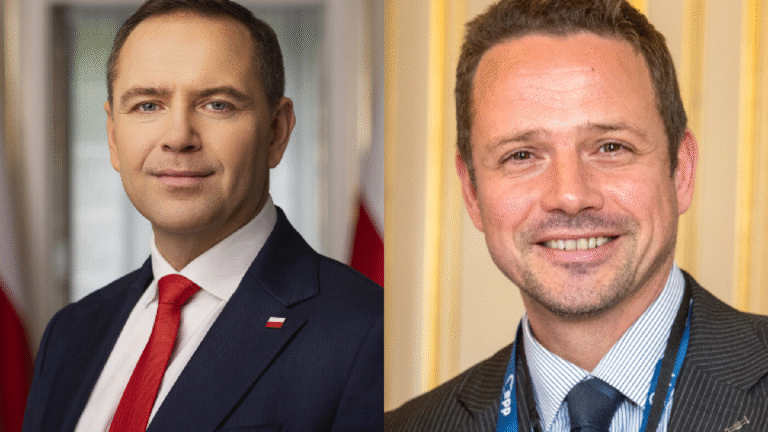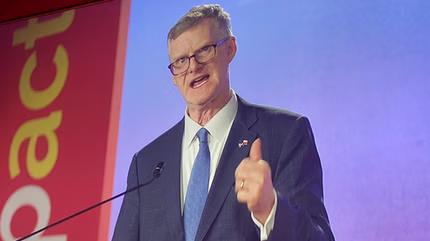United Airlines’ New Changes Spark Controversy and Curiosity Among Travelers
In a series of bold strategic moves, United Airlines has unveiled a set of sweeping changes to its policies, services, and loyalty programs — and not everyone is clapping. These adjustments, rolled out over the past few months, touch almost every aspect of the airline experience, from how passengers board planes to how frequent fliers are rewarded. While United claims these changes are designed to improve efficiency, customer experience, and profitability, many travelers are left scratching their heads — and some are outright frustrated.
So, what exactly has changed, and why are people questioning it?
A Shake-Up in the MileagePlus Loyalty Program
One of the most debated changes is United’s overhaul of its MileagePlus loyalty program. Starting in early 2025, the airline raised the requirements to achieve elite status across all tiers. For example, to qualify for Premier Silver, travelers now need to spend more and fly more — a 25% increase compared to 2024.
For frequent travelers who have grown accustomed to earning perks like upgrades and lounge access, this change feels like a setback. Many claim that United is prioritizing profits over loyalty, making it harder for the average traveler to reach elite levels without shelling out thousands of dollars annually.
United, however, argues the move was necessary. In recent years, loyalty programs have been flooded with elite-status members, causing overcrowding in airport lounges and diluting perks. The airline says these changes will help restore value to the top tiers by reducing crowding and focusing rewards on their highest-spending customers.
But for many, especially casual business travelers or devoted customers who fly often but don’t always spend big, the feeling is simple: “We’re being pushed out.”
Boarding Process Revamped: Say Hello to “WILMA”
In another surprising shift, United is rolling out a new boarding process known as WILMA — short for Window, Middle, Aisle. Rather than boarding strictly by groups or zones, passengers will now board based on their seat location: window seats first, followed by middle, and then aisle.
The rationale? United believes this will speed up boarding by reducing aisle congestion. By getting window passengers to their seats first, other travelers aren’t blocked as they load overhead bins or shuffle to their seats.
On paper, it makes sense — and some initial tests showed a two-minute improvement in boarding time. But not everyone is convinced.
“I paid extra for priority boarding, and now I’m behind someone who booked a cheap window seat,” one frequent flier complained on social media.
Critics also note that this system could confuse infrequent flyers and cause chaos at the gate. United has promised more signage and gate agents to help guide the process — but the jury is still out on whether the benefits outweigh the confusion.
—
Changes to CLEAR Membership Benefits
Another move that’s raised eyebrows involves United’s top-tier Premier 1K members. Previously, these elite fliers received free Clear Plus memberships, which helped them speed through security at major airports. But starting May 2025, that perk is going away.
Instead of free access, Premier 1K members will now receive a discounted rate — $129 per year instead of $199. While that’s still a savings, many loyal customers feel the airline is slowly stripping away premium perks without lowering expectations (or prices).
“I fly 100,000 miles a year and now I’m losing benefits,” said one long-time 1K member. “Why stay loyal?”
United insists the change is part of a broader reevaluation of partnerships and premium services, but it hasn’t helped public perception. For many, the value of elite status is diminishing, and the costs — both financial and emotional — are starting to outweigh the benefits.
—
Price Hikes on Credit Cards and Lounge Access
Adding fuel to the fire, United also announced increased fees on its co-branded Chase credit cards and its United Club membership plans.
The airline’s popular Club Card now comes with a higher annual fee, though new benefits have been tacked on — like travel credits, bonus miles, and complimentary subscriptions to lifestyle services. Meanwhile, access to United Club lounges will now cost more, with some membership tiers exceeding $1,000 annually.
This dual-pronged pricing strategy — raise the price, sweeten the deal — has met with mixed reactions. Some see it as fair, especially for travelers who can maximize the new perks. Others feel like it’s yet another cash grab.
More than a few customers have taken to forums and social media to ask: “If the airline is charging more across the board, where exactly is the improved service?”
Flexibility Win: No More Domestic Change Fees
Not all of United’s changes have sparked outrage. One move that has been widely praised is the permanent removal of change fees for standard economy and premium tickets on domestic flights, including Puerto Rico and the U.S. Virgin Islands.
Now, travelers can make unlimited changes to these tickets without paying penalties — a major relief for families, business travelers, and anyone dealing with unpredictable schedules.
This change, first introduced during the pandemic, is now here to stay. It’s a sign that at least some customer-friendly policies can survive in the long term. It also sets a positive precedent that other carriers may continue to follow.
A Win for Families: Free Adjacent Seating for Kids
Another update gaining traction — especially among parents — is United’s new family seating policy. The airline now ensures that children under 12 will be seated next to an accompanying adult at no extra cost, even if it means unlocking “preferred” seats.
This move comes in response to growing public pressure and potential government regulation targeting airline seating practices. In some cases, families were being charged extra to sit together, or left scrambling at the gate to switch seats.
United is one of the first major carriers to adopt this policy voluntarily, and it’s being seen as a positive step toward a more compassionate travel experience.
Investors Applaud, Travelers Hesitate
Interestingly, while passengers debate the fairness of these changes, Wall Street appears pleased. United’s stock price has risen modestly in the wake of these announcements, signaling investor confidence in the airline’s direction.
By tightening loyalty benefits, raising ancillary fees, and improving operational efficiency, United seems to be doubling down on profitability — even if that means ruffling a few feathers along the way.
Final Thoughts
United Airlines is clearly making moves — bold, controversial, and strategic. Whether it’s tweaking how people earn miles, shifting who gets to board first, or changing who gets lounge access, the airline is reshaping its customer experience from the ground up.
Some of these changes offer more flexibility and efficiency. Others appear to chip away at the loyalty travelers have built over years of flying United.
In the end, the airline’s future may depend on whether travelers see these updates as improvements — or as reasons to book with someone else.
